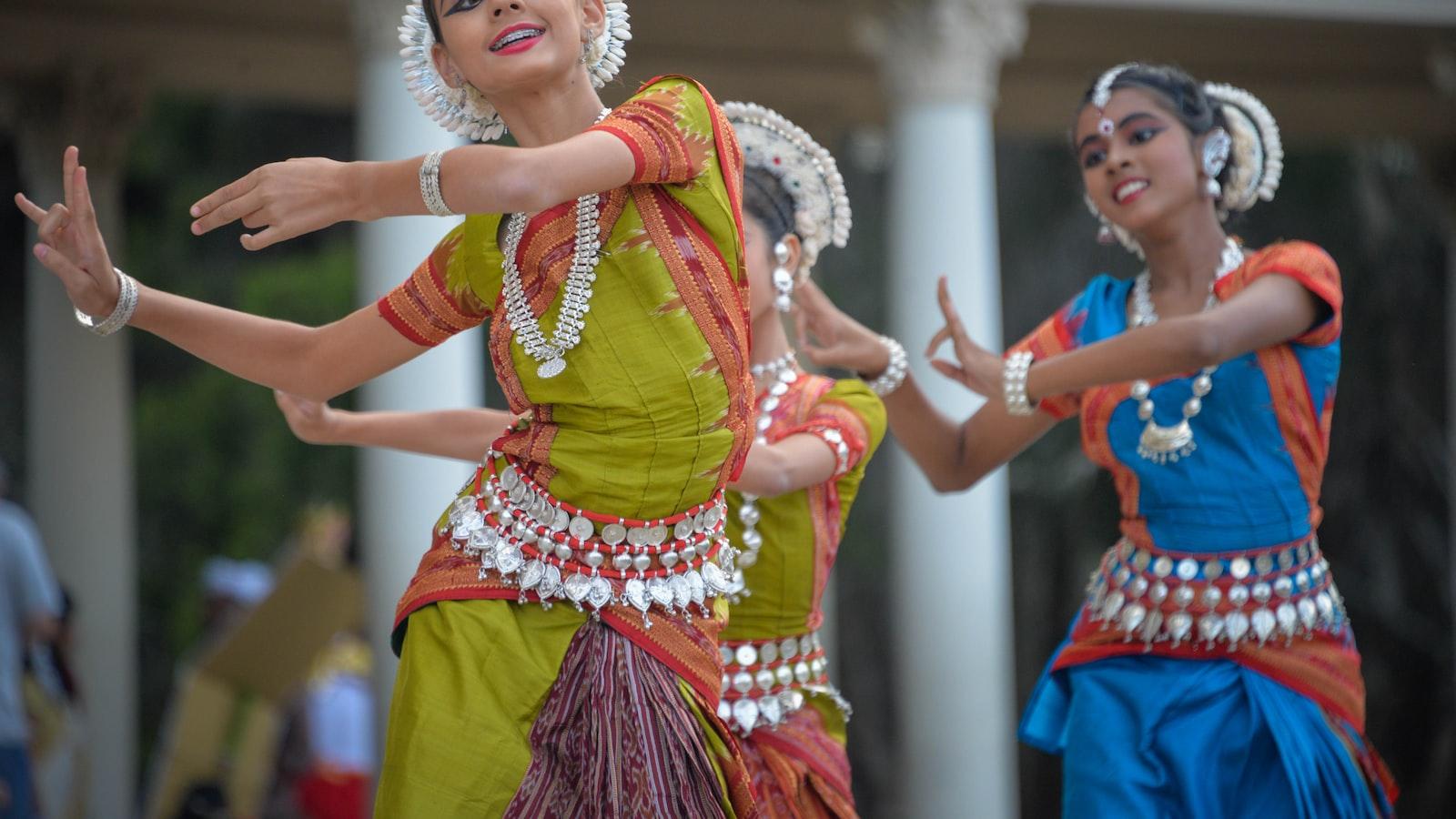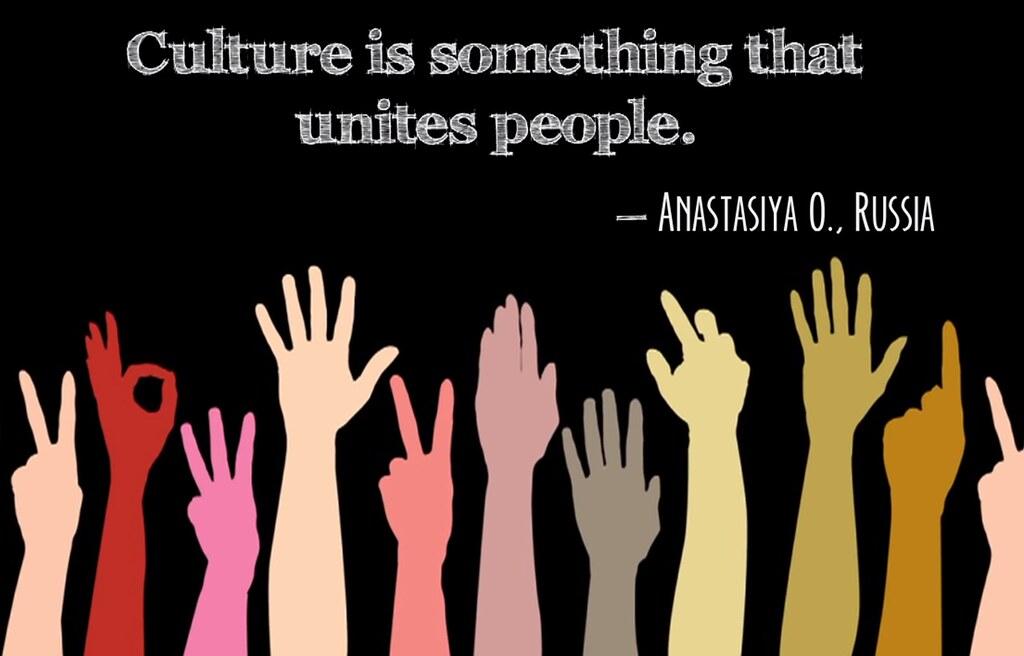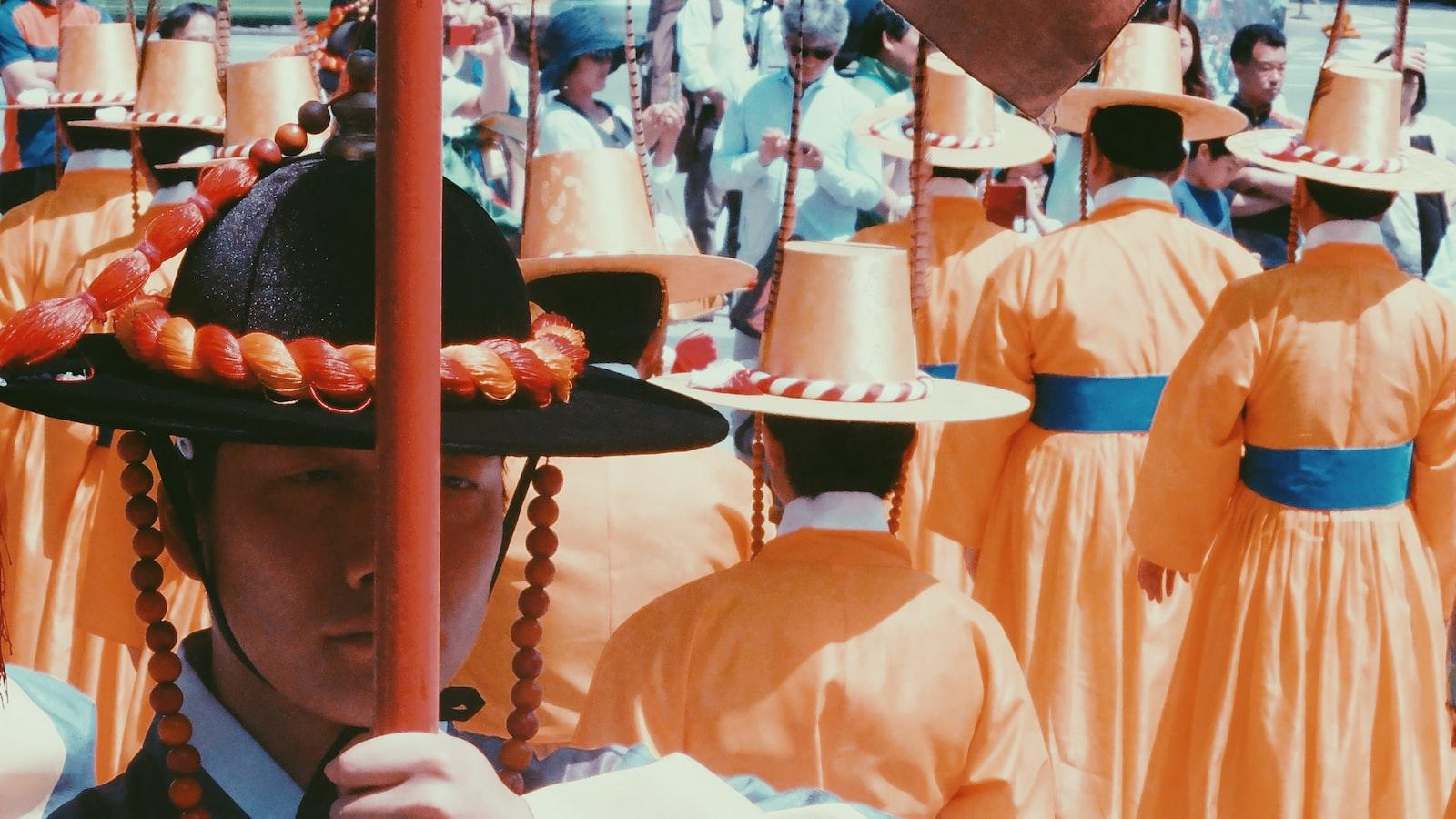Pop culture and politics: an electrifying tango between entertainment and society. As societal landscapes evolve and morph over time, one constant remains: the pulse of the people, forever entwined with the rhythm of popular culture. From the fiery debates fuelled by Hollywood iconoclasts to the profound influence of musicians on political movements, the boundaries between political arenas and the glittering realms of entertainment have become increasingly blurred. In this article, we delve into the captivating universe where these two spheres intersect, unraveling the intricate dance that shapes our collective consciousness. Brace yourself for a journey through the captivating tapestry of pop culture and politics, where laughter intertwines with fury, love merges with fury, and society is both a puppeteer and a muse.
Exploring the Role of Pop Culture in Shaping Political Discourse
Pop culture and politics have always shared an intriguing connection, with elements of entertainment often seeping into societal discourse. In today’s fast-paced digital age, this intersection has become more pronounced than ever before, shaping political dialogue in unexpected ways. From TV shows to music, memes, and even fashion trends, pop culture plays a significant role in shaping public opinions and influencing political stances.
One key way in which pop culture influences political discourse is through storytelling. TV shows like “Game of Thrones” or “The Handmaid’s Tale” tackle complex political themes, fostering conversations about power, governance, and morality. These narratives allow viewers to engage with political concepts in a more digestible and relatable manner, making political discussions accessible to a wider audience. Additionally, the power of music should not be underestimated, with artists like Beyoncé, Kendrick Lamar, and Taylor Swift using their platforms to address socio-political issues, rallying their fanbases around causes and sparking important conversations.
Moreover, memes have emerged as a driving force in shaping political discourse. These humorous and shareable images capture public sentiment, turning complex political situations into easily digestible and often comical bites. By disseminating these memes through social media platforms, individuals can express their political views in a light-hearted manner while reaching a massive online community. This has led to political dialogue becoming more accessible and engaging, as these visual aids bridge the gap between serious political discussions and internet culture.
In this ever-evolving landscape, it is essential to recognize the profound impact of pop culture on political discourse. As individuals, we must remain critical thinkers, analyzing the messages we consume and engaging in meaningful conversations about the intersection of entertainment and society. Whether through fictional narratives, music, or the memes we share, pop culture has undeniably become a powerful tool for shaping political opinions and fostering a more vibrant, inclusive political discussion.
Unearthing the Influence of Media and Celebrities on Political Beliefs
In today’s digital age, the influence of media and celebrities on political beliefs has become undeniable. The convergence of pop culture and politics has created a powerful platform that shapes public opinion and drives social change. From Hollywood stars endorsing political candidates to the rise of social media activism, the impact of entertainment on society has never been more evident.
Through various channels such as television, movies, music, and social media, media outlets and celebrities have the ability to sway public opinion on political issues. They can raise awareness about pressing matters, generate discussions, and even mobilize individuals to take action. Celebrities’ endorsement of specific policies or candidates can significantly influence their followers’ political beliefs and voting decisions. Moreover, the media’s portrayal of political events and personalities can shape public perceptions, reinforcing or challenging existing beliefs.
However, it is crucial to acknowledge that media and celebrity influence on political beliefs is not solely negative. The intersection of entertainment and society can also be a force for positive change. Celebrities and media outlets often use their platforms to advocate for social justice, human rights, and important issues that affect millions. Their ability to reach large audiences can amplify marginalized voices and bring attention to important causes that might otherwise be overlooked.
The Impact of Media and Celebrity Influence on Political Beliefs:
- Shaping public opinion and political discourse
- Influencing voting decisions
- Creating awareness and mobilizing activism
- Amplifying marginalized voices
- Raising awareness about social justice and human rights issues
In conclusion, the relationship between media, celebrities, and political beliefs is intricate and multifaceted. While their influence can shape public perceptions, it is essential for individuals to critically analyze information and form their own opinions. By understanding the impact of pop culture on politics, we can engage in thoughtful discussions, advocate for what we believe in, and contribute to a more informed and inclusive society.

Examining the Social Impact of Political Storylines in Entertainment
Pop culture and politics have always been closely intertwined. In recent years, the influence of political storylines in entertainment has become even more significant, as they not only reflect the current social climate but also shape public opinion and spark conversations about important issues. From television shows to movies, music, and even video games, these forms of entertainment have become powerful platforms for examining the social impact of political storylines.
One of the main reasons why political storylines in entertainment have such a profound social impact is their ability to reach a wide audience. Television series like “House of Cards” or “The West Wing” can captivate millions of viewers, providing them with a glimpse into the world of politics, sparking interest, and encouraging discussions on various subjects. Similarly, films like “Vice” or “Selma” tell compelling stories that shed light on historical events or explore contemporary political issues, provoking viewers to think critically and engage with the world around them.
Furthermore, political storylines in entertainment allow for the exploration of complex topics in a more accessible and engaging manner. By presenting political concepts and dilemmas in a fictional context, these narratives can simplify intricate ideas without diminishing their importance. This approach not only facilitates understanding but also fosters empathy and encourages individuals to consider different perspectives. For example, a television show may tackle immigration by following the journey of a refugee, enabling viewers to connect emotionally with the issue and develop a more nuanced understanding of its complexities.
The Social Impact of Political Storylines
Political storylines in entertainment hold the power to challenge societal norms, encourage activism, and inspire change. By portraying diverse characters and presenting thought-provoking narratives, they can push boundaries and break stereotypes. This, in turn, contributes to a more inclusive and representative society, where individuals from different backgrounds and experiences feel seen and heard. Additionally, these storylines often serve as catalysts for important discussions, shedding light on marginalized voices and bringing attention to systemic issues that require attention and reform.
Conclusion
The intersection of entertainment and society is a powerful force that should not be underestimated. Political storylines in popular culture play a vital role in shaping public opinion, sparking crucial conversations, and influencing social change. Through their ability to engage a wide audience, simplify complex topics, and challenge societal norms, they have the potential to create a more informed, empathetic, and inclusive society.

Fostering an Informed Citizenry: Strategies to Navigate the Intersection of Pop Culture and Politics
Pop culture and politics have always had a fascinating relationship, with the intersection of entertainment and society offering a unique platform for shaping public opinion and awareness. In an age where social media permeates every aspect of our lives, it becomes increasingly important to foster an informed citizenry that can navigate this complex landscape. Here are some strategies that can help you make sense of the interplay between pop culture and politics:
- Stay up to date: Keep yourself informed about current events and political issues. Follow reliable news sources and subscribe to podcasts or newsletters that provide analysis and insight.
- Critical thinking: Develop the ability to critically analyze pop culture and media representations. Understand the underlying messages and biases that might influence public opinion.
- Engage in dialogue: Participate in conversations with friends, colleagues, and online communities about the intersection of pop culture and politics. Share diverse perspectives and consider alternative viewpoints.
One way to explore the impact of pop culture on society is by examining the portrayal of political figures in film and television. Take a look at the table below for a quick comparison:
| Movie/TV Show | Political Figure | Portrayal |
|---|---|---|
| The West Wing | President Josiah Bartlet | Intellectual, compassionate leader |
| House of Cards | Frank Underwood | Manipulative, power-hungry politician |
| Selma | Martin Luther King Jr. | Courageous civil rights leader |
| Dead Man Walking | Sister Helen Prejean | Advocate against capital punishment |
By analyzing these portrayals and discussing their implications with others, we can foster a better understanding of how pop culture shapes our perception of politics and also challenge any misconceptions that may arise. Remember, being an informed citizen means recognizing the influence of pop culture and staying engaged in conversations that help navigate this ever-evolving intersection.
As the stage lights dim and the final curtain falls on our exploration of the intricate dance between pop culture and politics, one thing becomes abundantly clear: entertainment and society are inseparable partners, engaging in a constant tango that shapes our collective consciousness.
From the glitz and glamour of Hollywood to the infectious beats pulsating from our headphones, pop culture has demonstrated an extraordinary ability to capture our hearts and minds. It weaves itself into the very fabric of our existence, transcending its role as mere entertainment to become an influential force that can shape public discourse and mold the political landscape.
Our journey into this captivating world has revealed how movies, music, television shows, and even social media have become powerful agents of change. They not only reflect the values, hopes, and fears of our society but also serve as catalysts for both social progress and political revolutions. In certain instances, pop culture permeates every aspect of our lives, dictating fashion trends, sparking important debates, and challenging existing power structures.
But as the relationship between pop culture and politics intensifies, we must be cautious not to surrender our critical thinking and become passive consumers. The lines blur between fact and fiction, as carefully crafted narratives influence our perceptions of reality. In a world where pop culture and politics seamlessly blend, it is imperative to cultivate our capacity to question, analyze, and seek diverse perspectives.
While this intersection can occasionally breed controversy, it also provides a remarkable platform for marginalized voices. Artists, musicians, and actors have seized this opportunity to raise awareness, amplify the voices of the oppressed, and drive meaningful change. It is through the marriage of entertainment and societal critique that we witness revolutions of ideas, shattering long-standing prejudices and sparking conversations that challenge the status quo.
So as we close the curtains on our exploration of this enchanting realm, let us not forget the profound impact that pop culture has on our political landscape and vice versa. It is a symbiotic relationship that demands our vigilance, our active engagement, and our willingness to critically decode the messages bombarding us from screens large and small.
Let us continue to celebrate the power of pop culture as an embodiment of our desires, dreams, and aspirations. But let us never lose sight of its potential to shape narratives, redefine norms, and ultimately shape the world in which we live. In this captivating dance between entertainment and society, we must move forward with an open mind, ever aware of the intoxicating magic that awaits us when the worlds collide.




